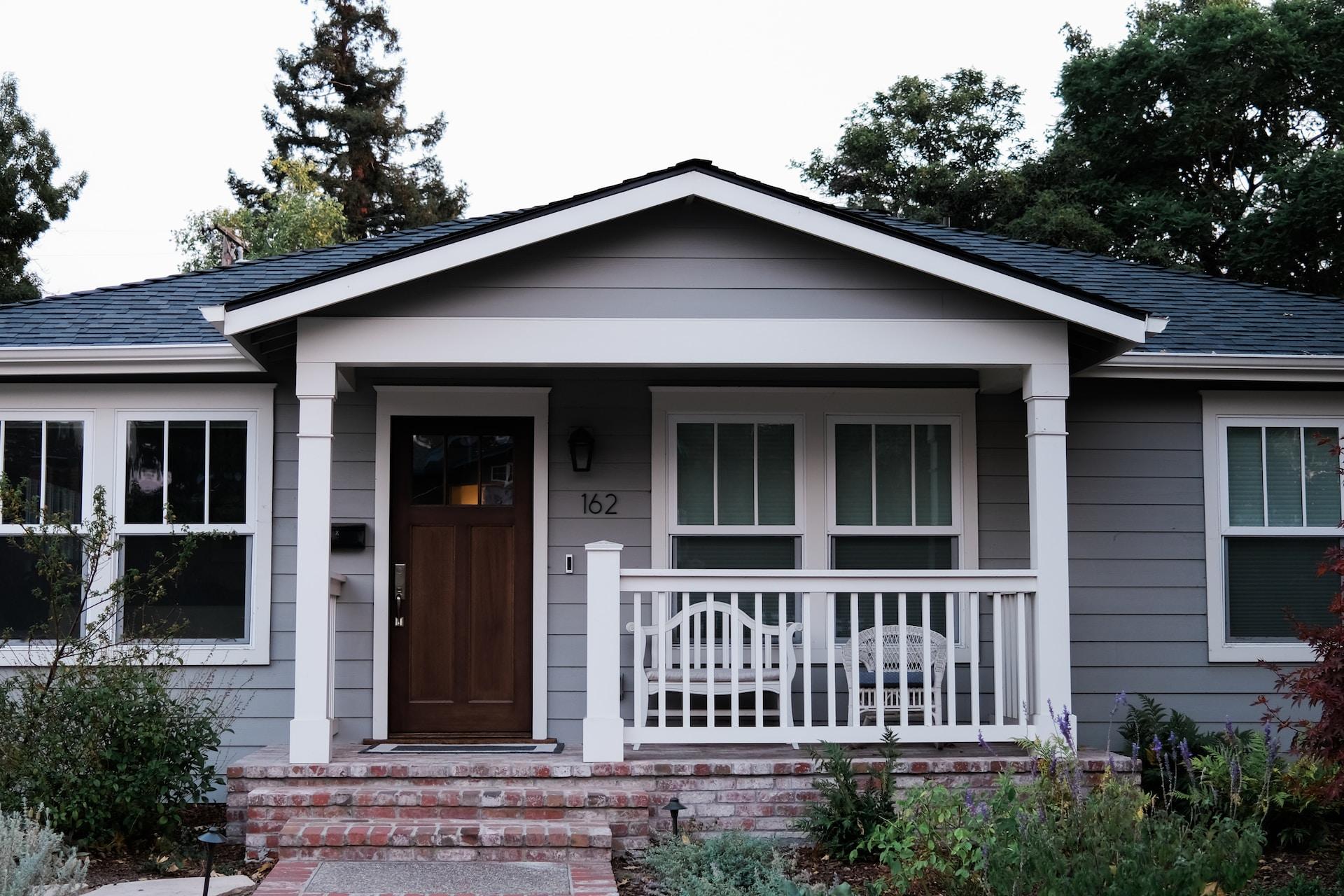Clients often ask how they can ensure the home in which they live or their vacation home can be protected against the cost of long term care. These assets are often worth much more to our clients than the cash value; they represent hard work to pay off the mortgage and are wrapped in memories.
Prior to the sophistication of Trust law, many individuals would pass a residence to their beneficiaries by executing a deed with a life estate. For the owner, this would mean retaining the right to live in the home until death, but upon their demise, the property would be fully owned by the beneficiaries. Because they retained a lifetime interest in the property, they would still be able to claim any exemptions with respect to the property. Moreover, when the owner died, the beneficiaries would get a “step-up” in basis which eliminates or lessens capital gains tax due if they did sell the property.
The negative aspect to this kind of transfer is loss of control. Once the deed is transferred to the beneficiaries, they have the ownership interest. If the original owner wanted to sell the property or change who receives it upon their death, they would have to get the permission of those to whom they transferred the property. Another negative aspect is that if the individual is receiving Medicaid benefits and the house is sold, a share of the proceeds, the life estate interest, would be paid out to the individual and could put their Medicaid benefits in jeopardy.
A better option for protecting a residence is by executing an irrevocable Medicaid Qualifying Trust which can transfer real property at death. Like the deed with a life estate, this trust grants all the tax benefits and exclusive occupancy during life, i.e. STAR exemption, Veteran’s exemption, capital gains exemption. This method is superior to the deed with a life estate because if the property is sold during your lifetime, the full amount of the proceeds are protected within the Trust and will pass to your beneficiaries upon your death. The trust also gives the ability to change the beneficiaries at any time, leaving some control in the hands of the original owner of the property.
A person’s residence is their most treasured and often most monetarily valuable asset. It is important to meet with an experienced attorney to ensure protection of your home or vacation home.





